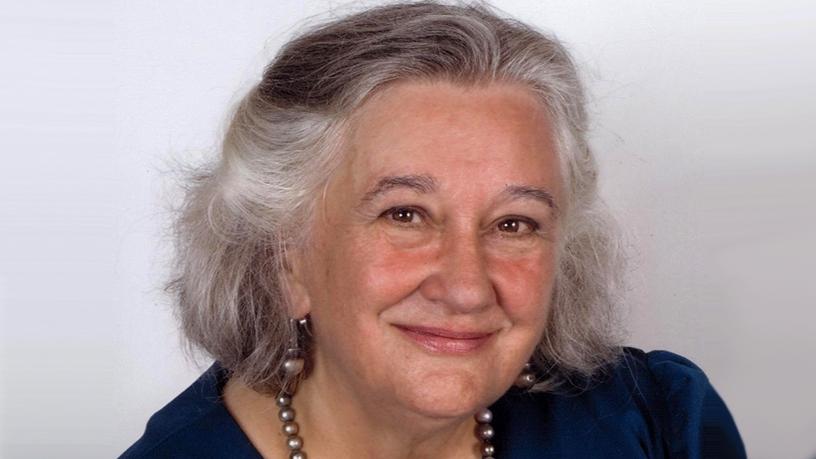As you reflect on your long career in AI, what have been the real breakthroughs?

AI has given us a much greater understanding of the richness and subtlety of the human mind. Years ago, just as AI research was taking off, Pat Winston, a talented young developer and later director of MIT's Artificial Intelligence Lab, was told to take the summer and create a vision system for the robot they were developing. In retrospect, the idea that one could program a system as intricate and involved as human vision over a summer is a ludicrous proposition, but the point was that at the time, theoretical psychologists and others had little understanding of just how much was involved. AI has played a very large role in giving us a framework to gain that understanding. Our minds are virtual machines, and AI has given us a way to think about how our brains process information in rigorous and systematic terms. That's where the real breakthroughs have occurred, in my opinion.
For the young Margaret Bodens starting out today, what are the essential questions for the next wave of AI discovery?
Machines are very much better at understanding than they were before. They're able to solve subtle things, pick up nuances in word usage, and so forth. But none of that is grounded in true human understanding. We need to understand what the brain is doing and how it's doing it. Deep learning and other advances continue to generate useful applications, but considerable work remains at the analytical level to understand how human cognition works in supporting problem-solving and critical thinking and creativity.
You don't subscribe to the idea of the "singularity" then, the idea that computing will reach or match the level of human intelligence?
Margaret Boden
Since Margaret Boden's first scientific publication on artificial intelligence in 1972, she's witnessed some of the most significant breakthroughs and periods of struggle in the field. Founder of the world's first academic program in cognitive science, Margaret continues to study AI and the complexity of the human mind as a research professor at the University of Sussex in the UK. In 2016, Margaret was invited to serve alongside Stephen Hawking as an advisor to the Leverhulme Centre for the Future of Intelligence, an interdisciplinary community of technology and policy researchers exploring AI.
The human mind is the most advanced system we have, and language in particular is hugely complex. AI and computing have progressed tremendously, but the capabilities remain quite limited. I doubt that computing will ever fully replicate the potential of the human mind, certainly not within the next few decades.
Creativity has been a major interest of yours. Do you see AI as a means of unleashing creativity or as a way of enabling us to understand human creativity?
I'm interested in how computational technology can help us understand human creativity. Many examples of creativity involve learning and exploring in a hierarchical style. Neural and multilayer network systems can help us construct different frameworks to better understand those hierarchies, but there's much more to learn and discover. If you have a computer that comes up with random combinations of musical notes, most of that stuff will be utterly uninteresting rubbish, but some of it will not be. A human being who has sufficient insight and time could well pick up an idea or two. A gifted artist, on the other hand, might hear the same random compilation and come away with a completely novel idea, one that sparks a totally new form of composition. That's a very different type of creativity. About 95% of what professional artists and scientists do is either exploratory or combinational, and the other 5% is transformational creativity. At the moment, we don't really have a good understanding of these processes. That's where AI has the potential to play a powerful role.
"AI has given us a much greater understanding of the human mind". - Margaret Boden.
What's needed to enable future discoveries in AI?
Right now, many of us come at AI from within our own silos and that's holding us back. We need to approach AI in a multidisciplinary way because the brain itself is a bundle of interdependent elements which support thinking and behaviour that's describable on many different levels. To accelerate our understanding of human cognition, neuroscientists, linguists, psychologists, philosophers, anthropologists, deep learning experts and others need to come together. All these questions about creativity and aesthetics and various sorts of thinking and behaving, they all in the end boil down to questions about information processing, and that's why they are all so closely linked.
"Our minds are virtual machines, and AI has given us a way to think about how our brains process information in rigorous and systematic terms". - Margaret Boden.
In some ways, we need to get back to our roots. When AI was just getting going there were these eclectic, provocative conferences where people from all different areas would come and learn. As is the way of things, we began to specialise over time and interdisciplinarity decreased. To catalyse discovery, we need to re-embrace that eclecticism and variety and collaborate more closely.
Share